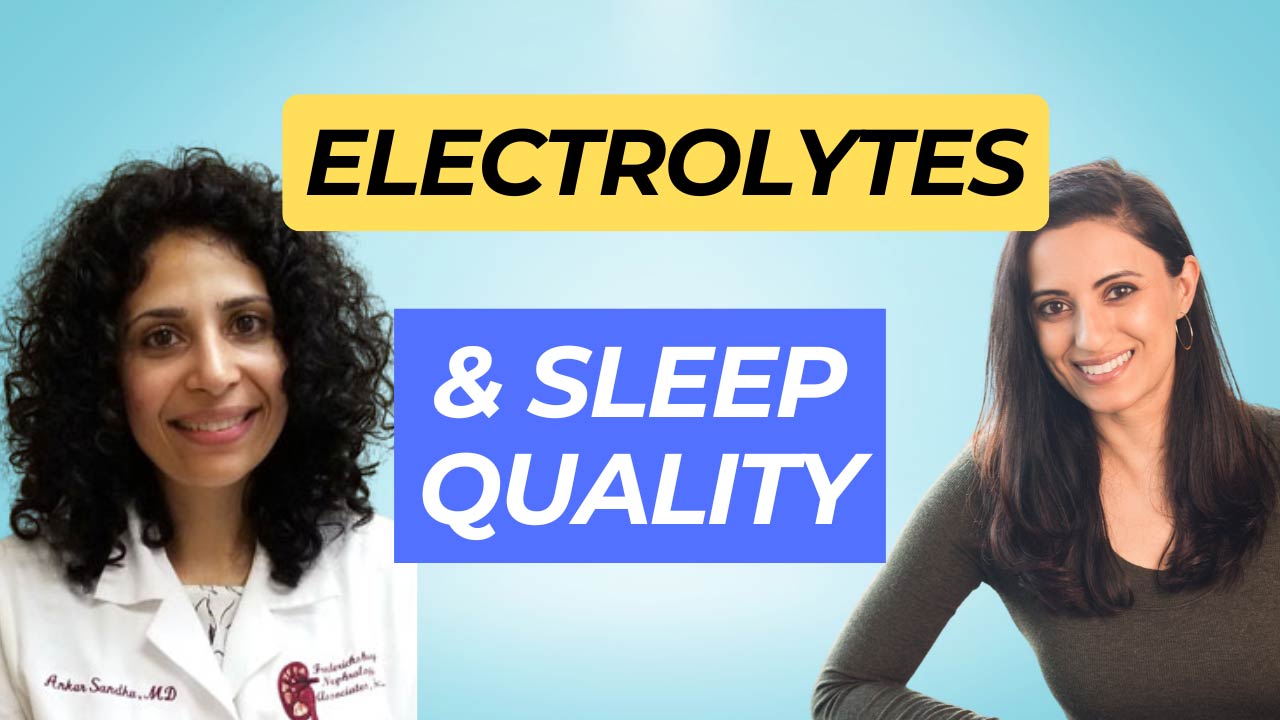
Join us in an enlightening conversation with Dr. Sandhu, a nephrologist, as we dive deep into the relationship between hydration, electrolytes, and sleep. Discover why supplements can be essential, even with a balanced diet, and learn about Dr. Sandhu’s journey in creating Dr. Raindrop, an effective electrolyte powder. We also touch on common deficiencies, the impact of modern lifestyle factors, and practical tips on optimizing both your hydration and sleep patterns. Perfect for doctors and health practitioners looking to enhance their clinical practice with practical sleep medicine knowledge. Don’t miss out on the insights and expert advice in this episode. Check out more information in the description below!

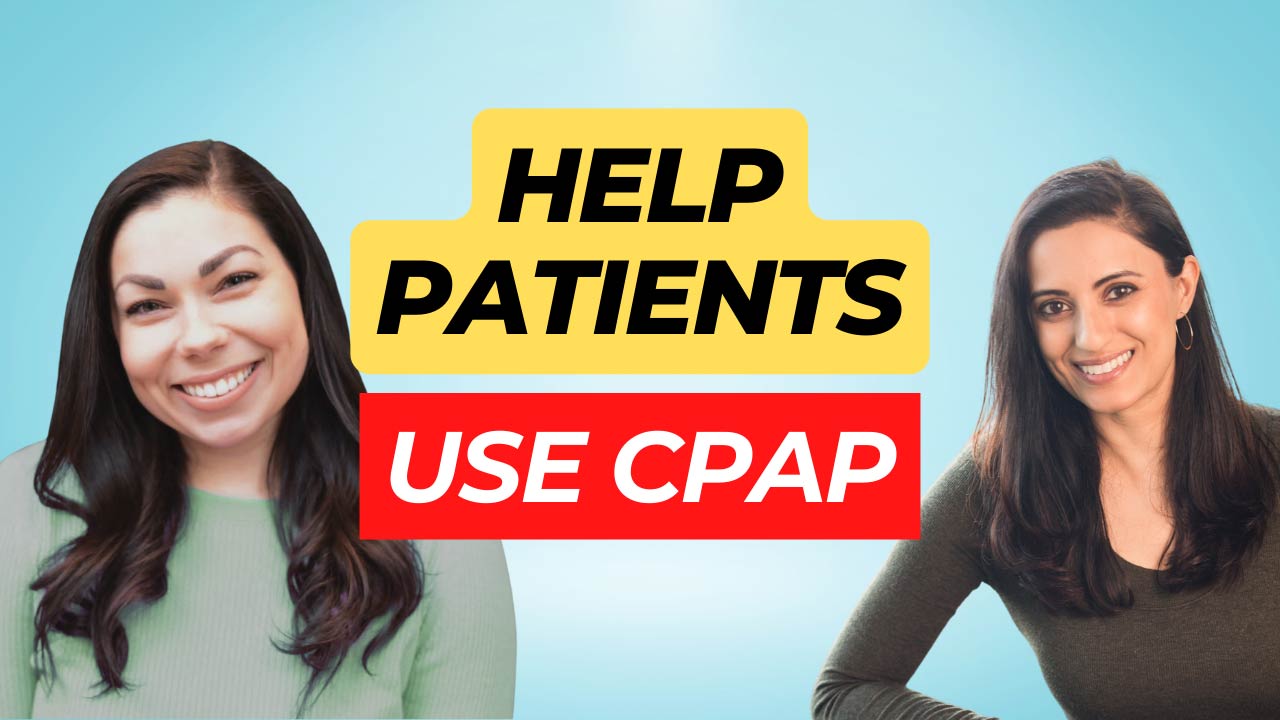
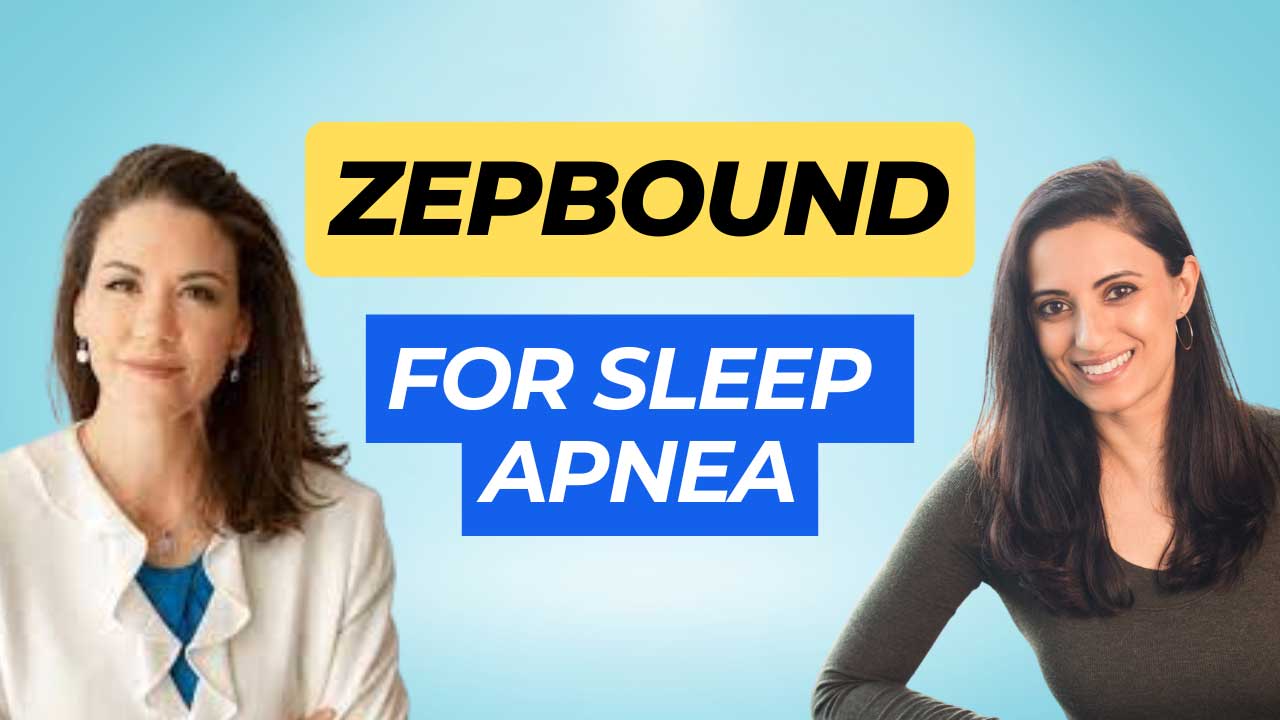
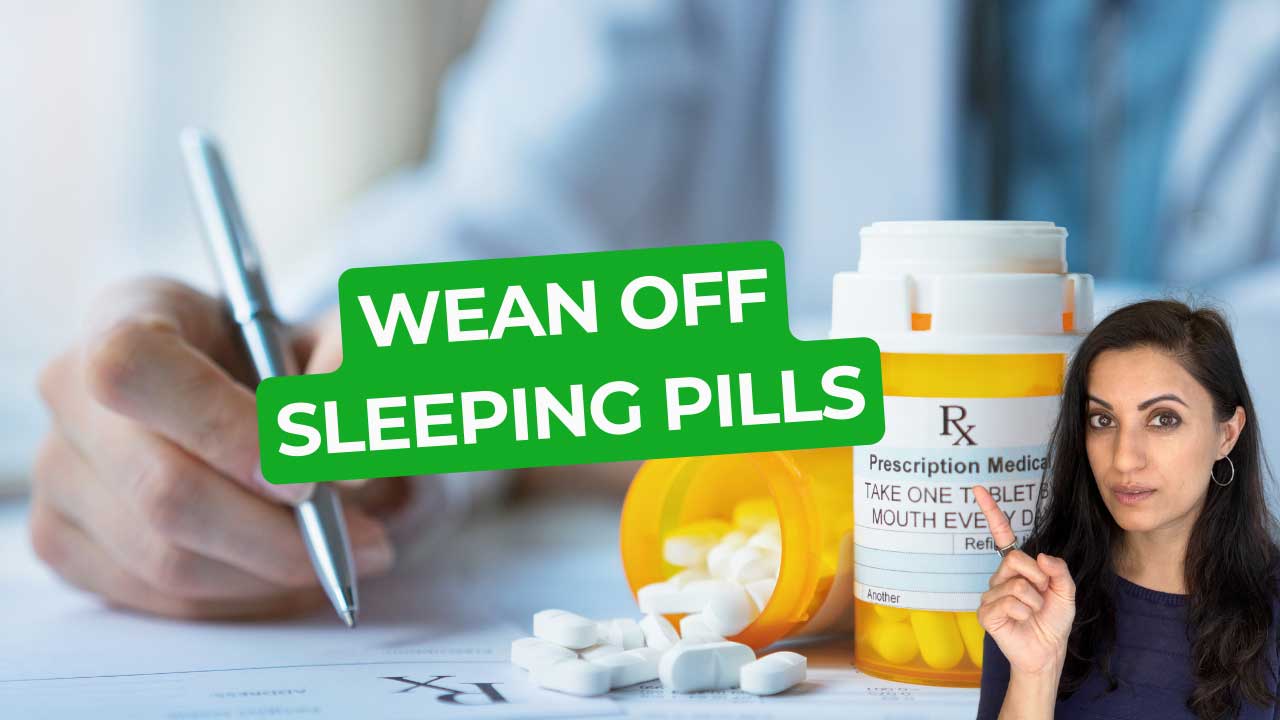
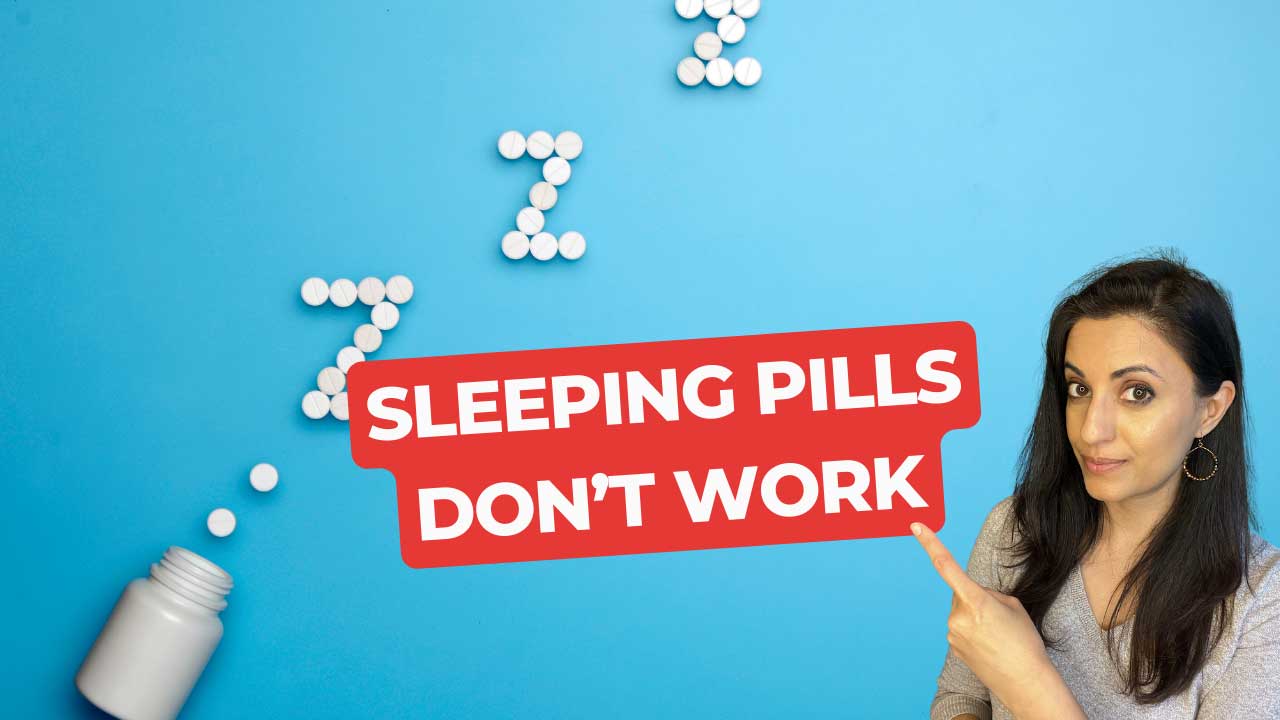
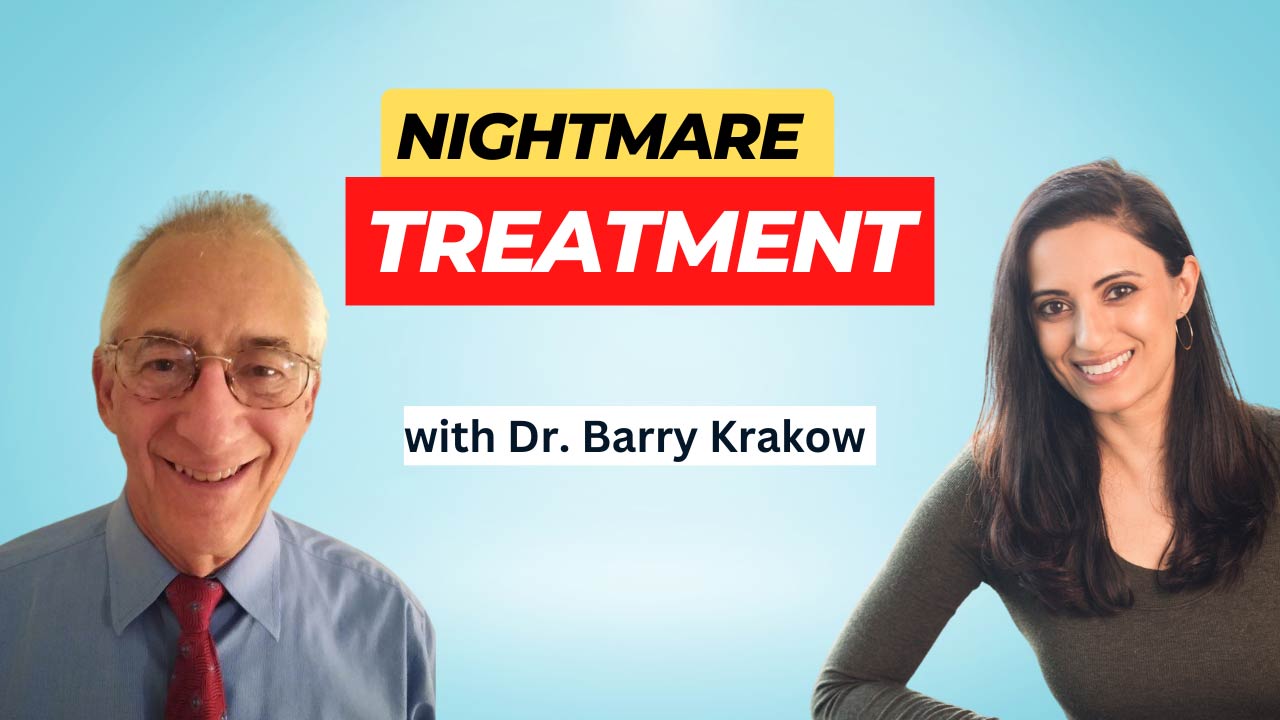
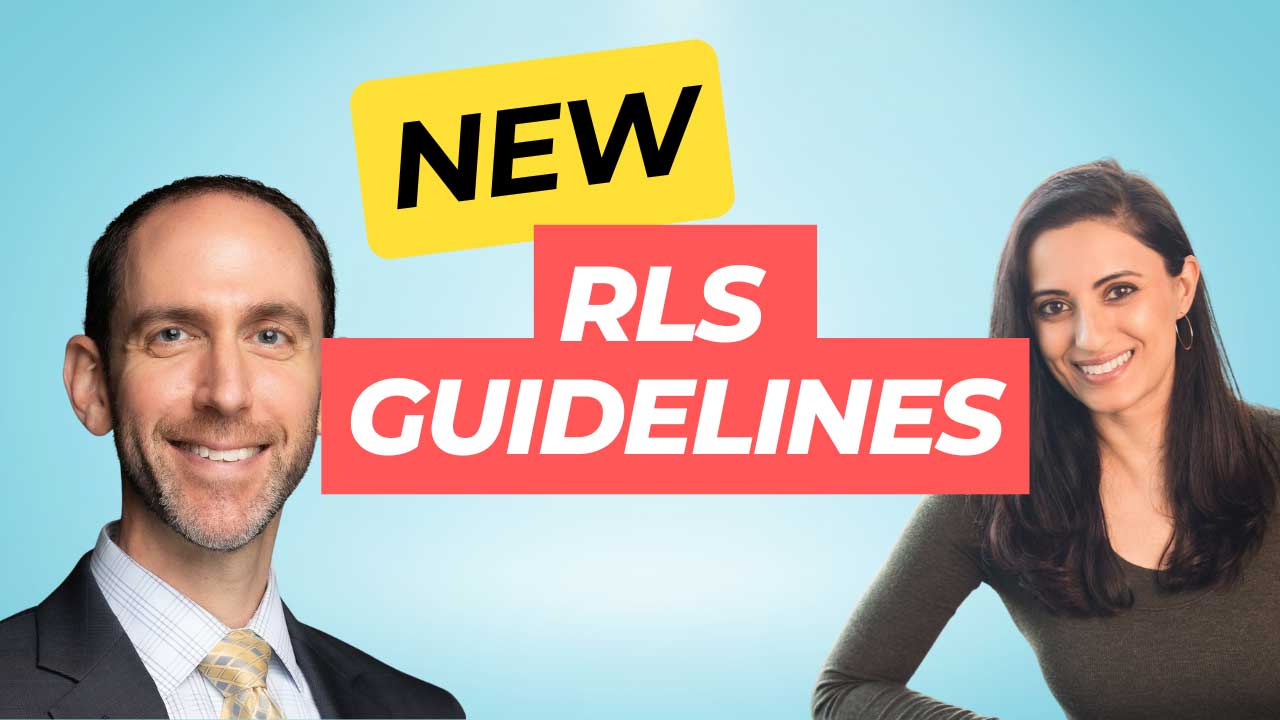
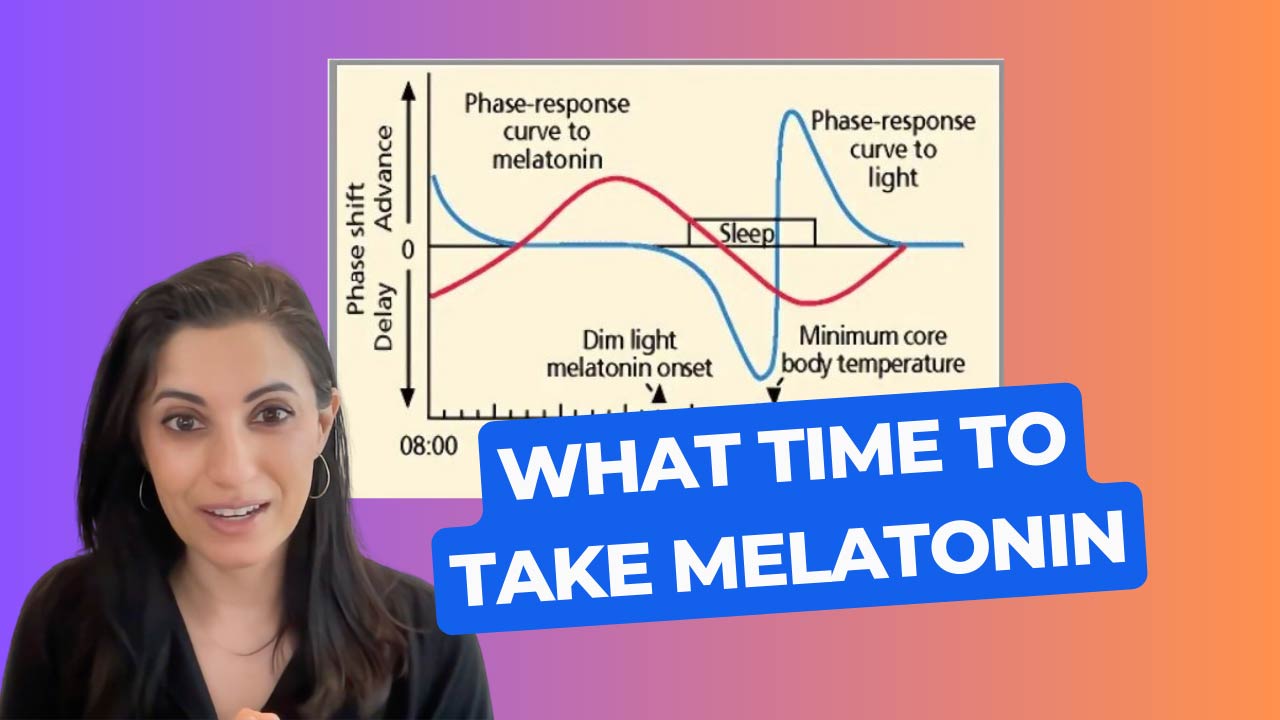
Recent Comments